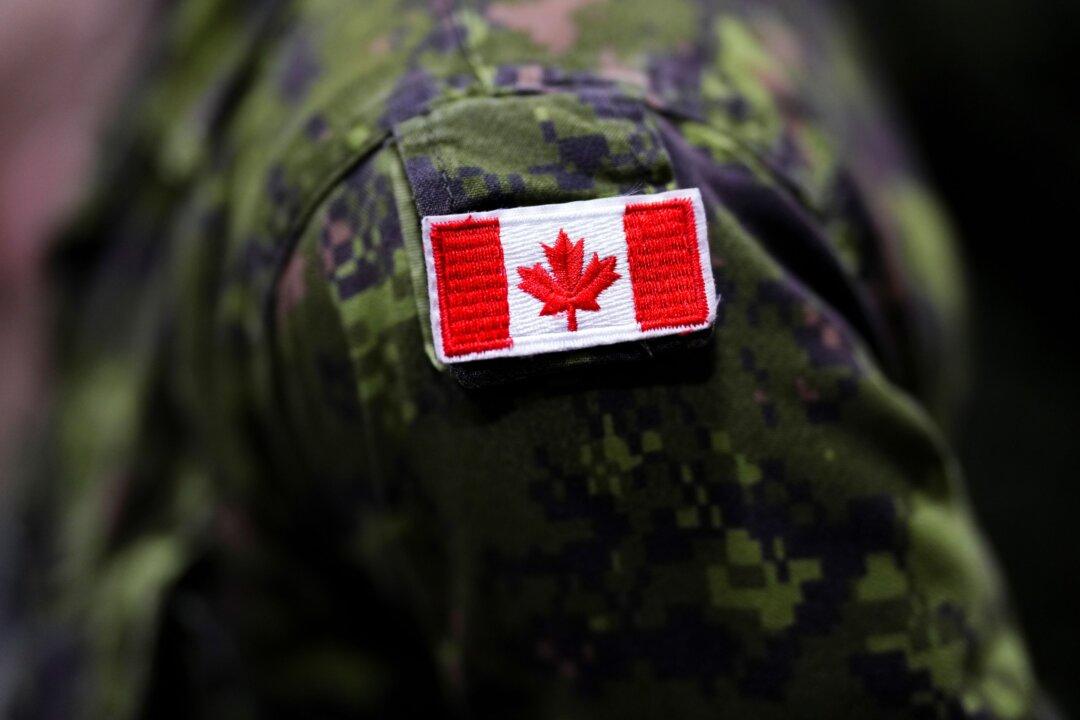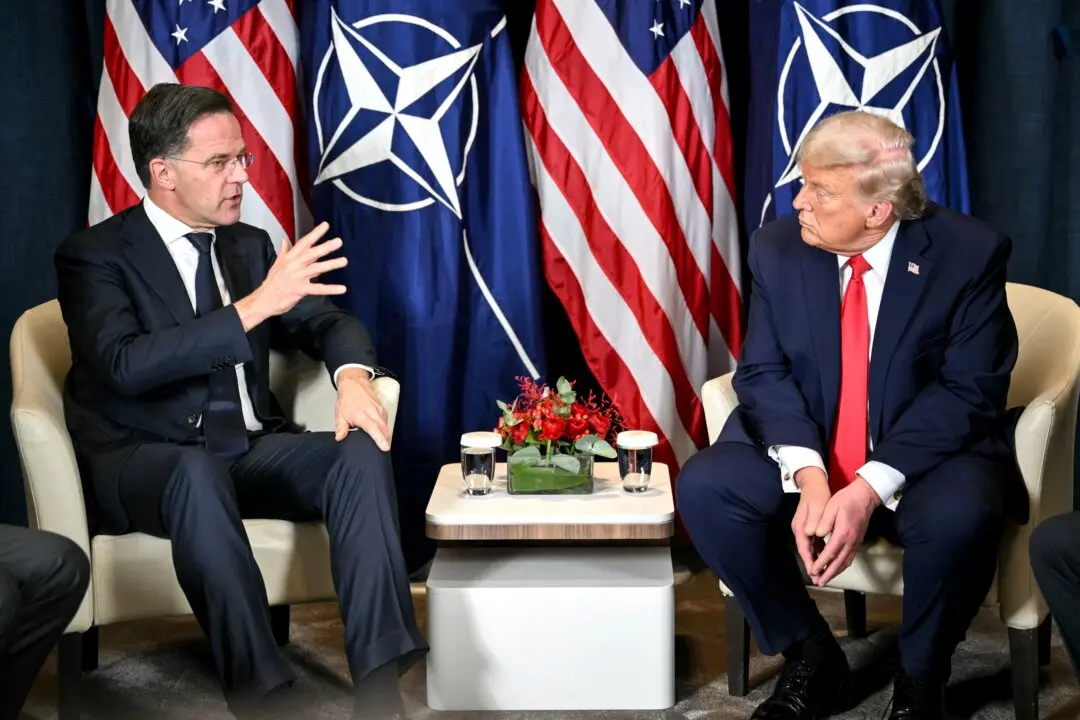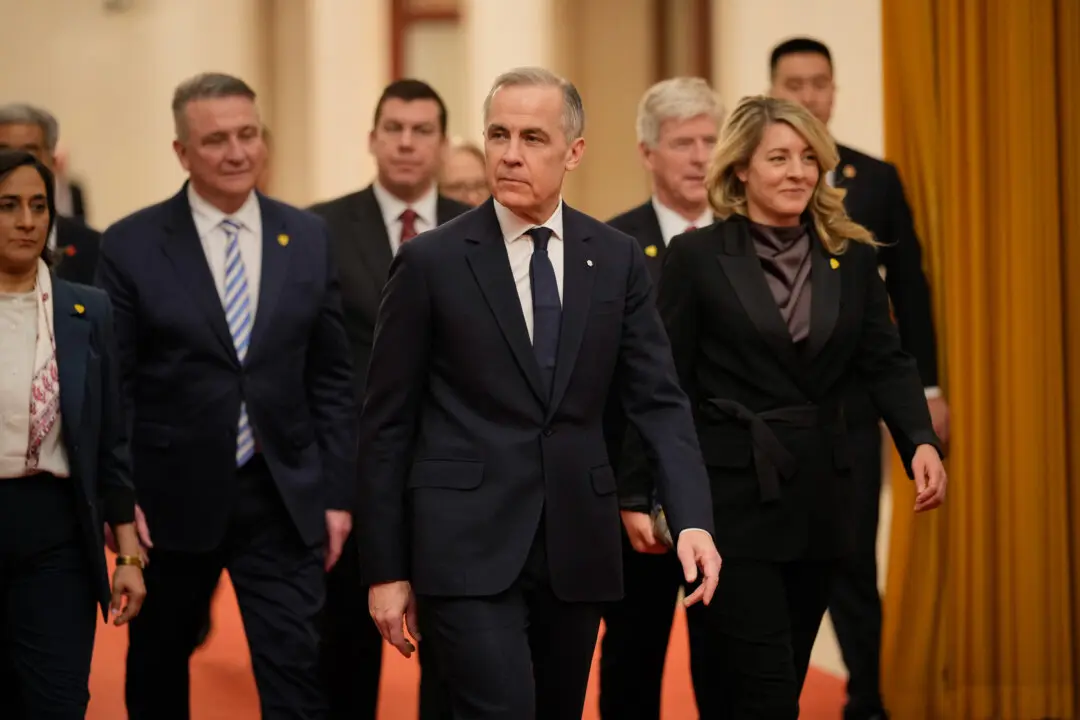Commentary
These are times of great tension in the world. War in the centre of Europe and in the Middle East, and rumour of war in the Far East, demonstrate the geopolitical price that Canada has paid for treating its armed forces for nearly 30 years as an anachronistic waste of money.





